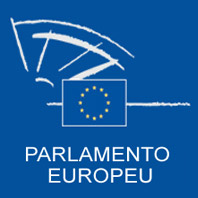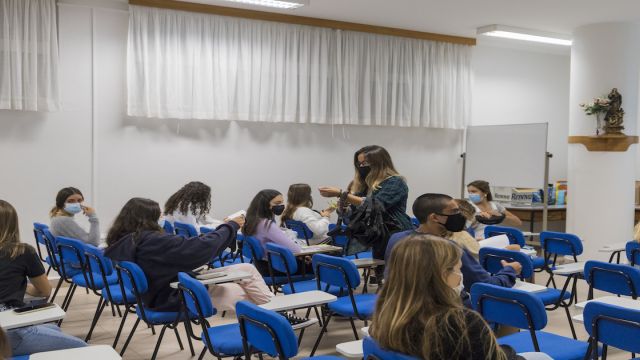
EUROPEAN PARLIAMENT
Functions: EU body directly elected, with legislative, budgetary and supervisory responsibilities.
Members: 751 Members (Members of the European Parliament).
President: Antonio Tajani.
The European Parliament was established in 1952 as the Common Assembly of the European Coal and Steel Community, passing in 1962 the European Parliament the first direct elections were in 1979.
Headquarters: Strasbourg (France), Brussels (Belgium), Luxembourg (Luxembourg)
Elections
The European Parliament is directly elected by European citizens every five years and the last elections took place in May 2014.
The next European elections will take place from 23 to 26 May 2019.
This year a campaign "This time I vote" is launched, which aims to demonstrate the importance of voting and to make young people and all citizens aware of the right to vote. Help spread the word by signing up: This time I vote.
What does Parliament do?
Parliament has three main types of powers:
Legislative powers
• Adopts legislation, together with the EU Council, on the basis of proposals from the European Commission
• Decides on international agreements
• Decides on the enlargements
• Analyzes the Commission's work program and invites it to propose legislation
Supervisory powers
• It exercises democratic control over all EU institutions
• Elects the President of the Commission and approves the Commission as a whole; may vote a motion of censure, forcing the Commission to resign
• Grants discharge, ie approves how the EU budget is spent
• Examines petitions from citizens and opens inquiries
• Debate monetary policy with the European Central Bank
• Calls on the Commission and the
• Conduct election observation
Budgetary powers
• Defines the EU budget, together with the
• Approves the EU multiannual financial framework
Composition
The number of deputies per country is approximately proportional to the population of each country. This is a degressive proportionality: no country can have less than 6 or more than 96 deputies and the total number of deputies can not exceed 751 (750 + President). MEPs are grouped by political affiliation and not by nationality.
The President represents Parliament with the other European institutions and abroad and also gives final approval to the EU budget.
How does Parliament work?
Parliament's work has two main stages:
• Parliamentary committees - preparation of legislation
Parliament has 20 committees and two subcommittees, all of which are responsible for a specific policy area.
The committees examine the proposed legislation and Members and political groups may table amendments or reject the proposal.
These issues are also discussed in the political groups.
• Plenary sessions - adoption of legislation
It is in the plenary session that all Members meet in the Chamber to vote on the draft legislation and the proposed amendments. Normally, these sessions take place in Strasbourg for four days a month, but sometimes additional sessions are held in Brussels.
Parliament and the citizen
If you wish to ask Parliament to intervene on a particular matter, you may submit a petition (by post or by e-mail).
Petitions may cover any matter within the scope of EU competences.
To file a petition, you must be a national of an EU country or a resident of the EU. Companies or other organizations must be established in the EU.
You can also contact Parliament through a European MEP in your country or by contacting the European Parliament Information Office in your country.
Want to know more? Click here.

























